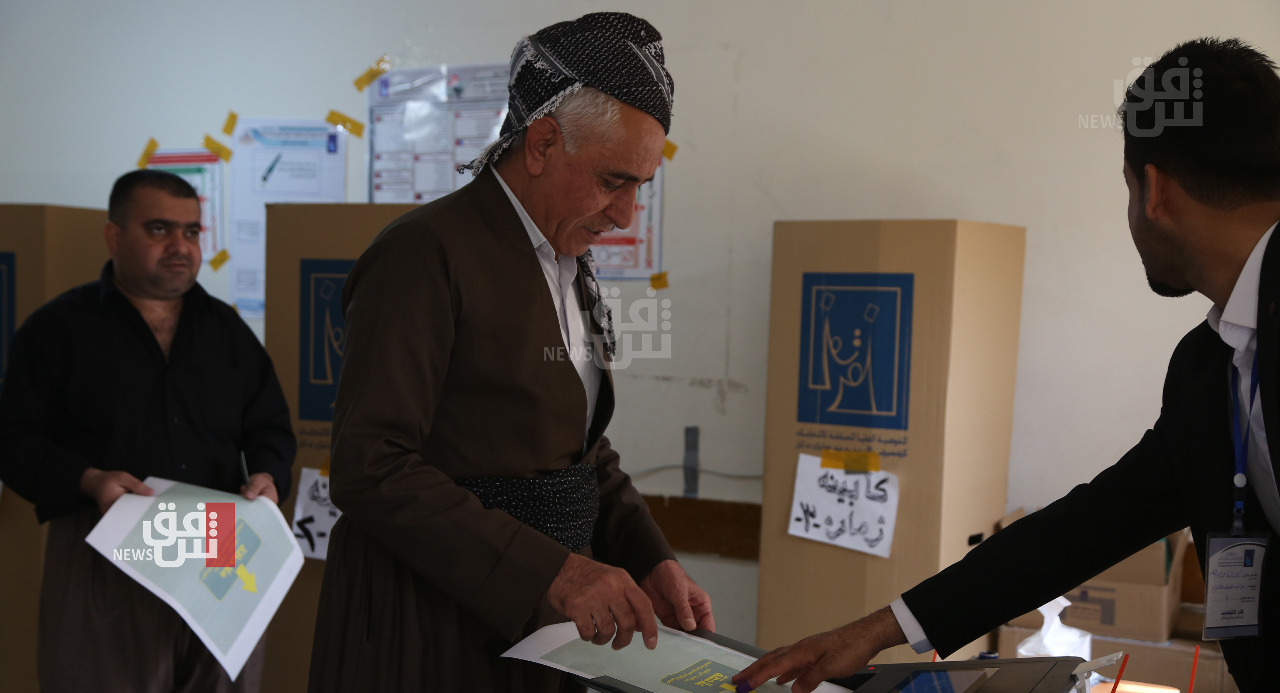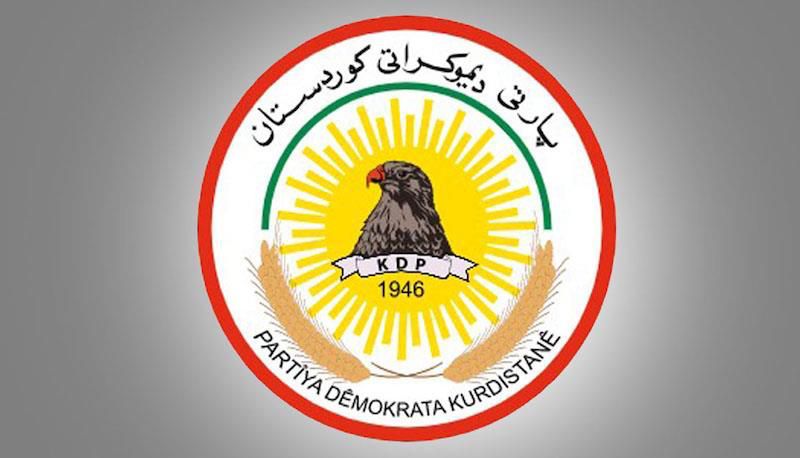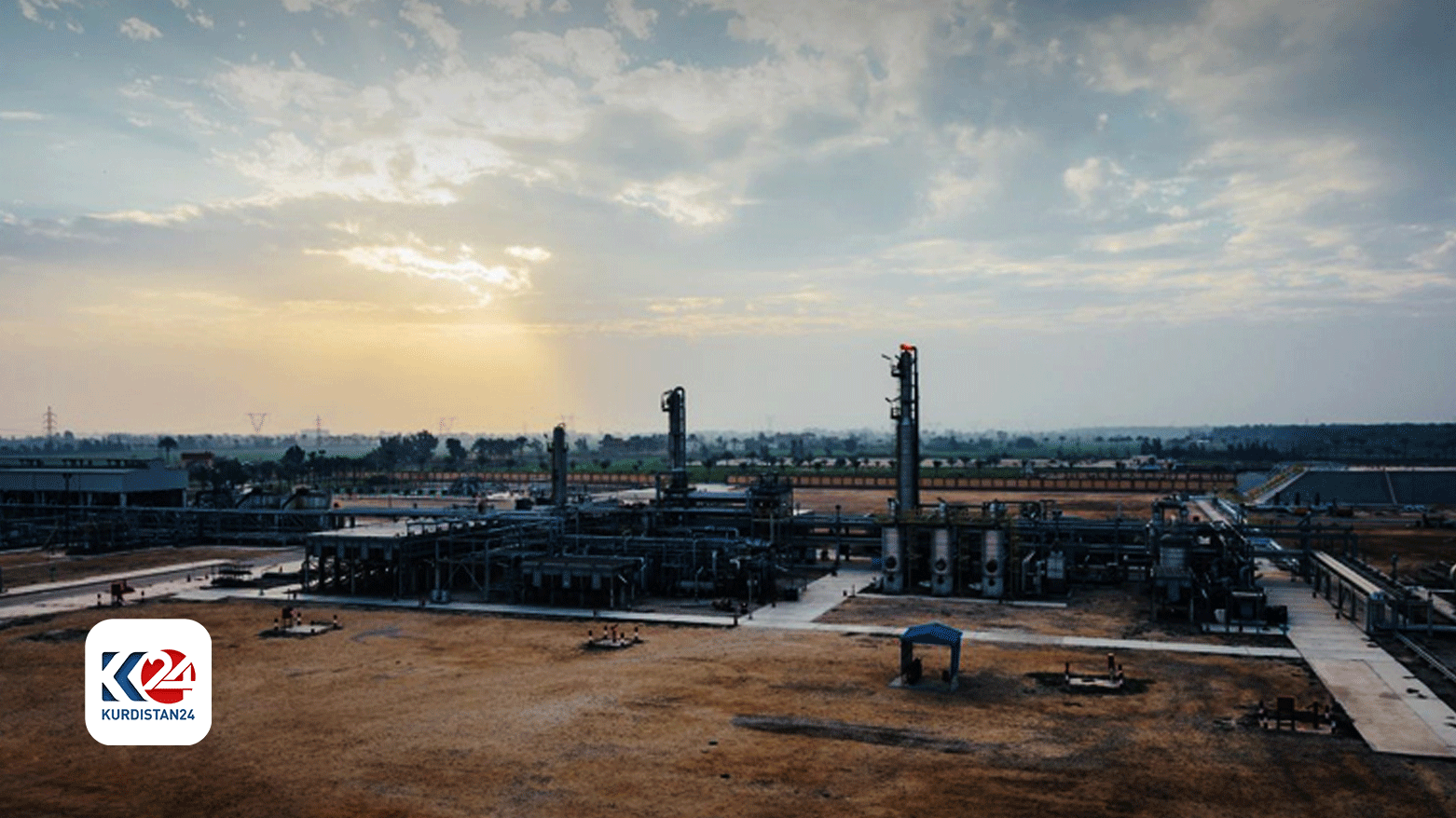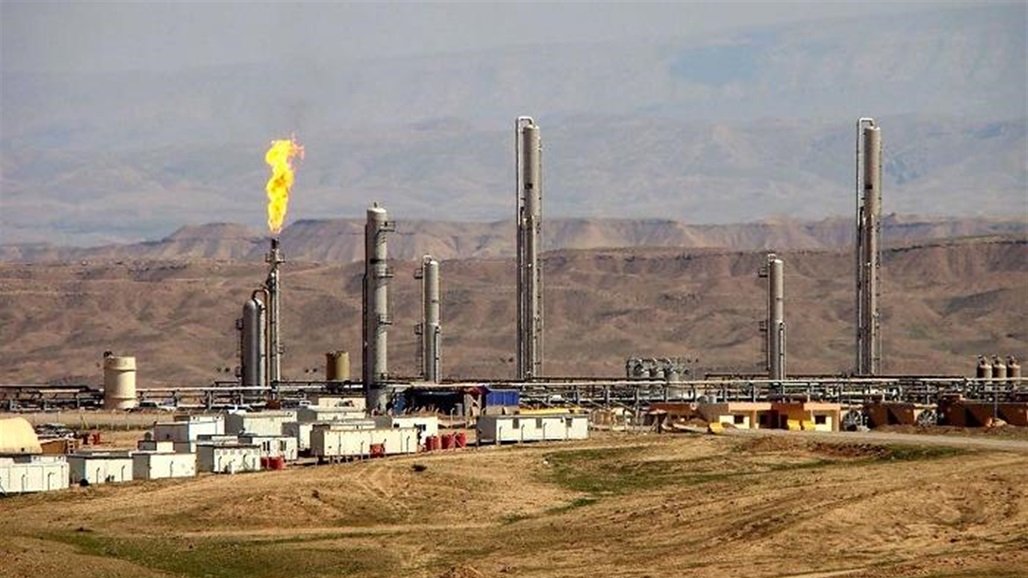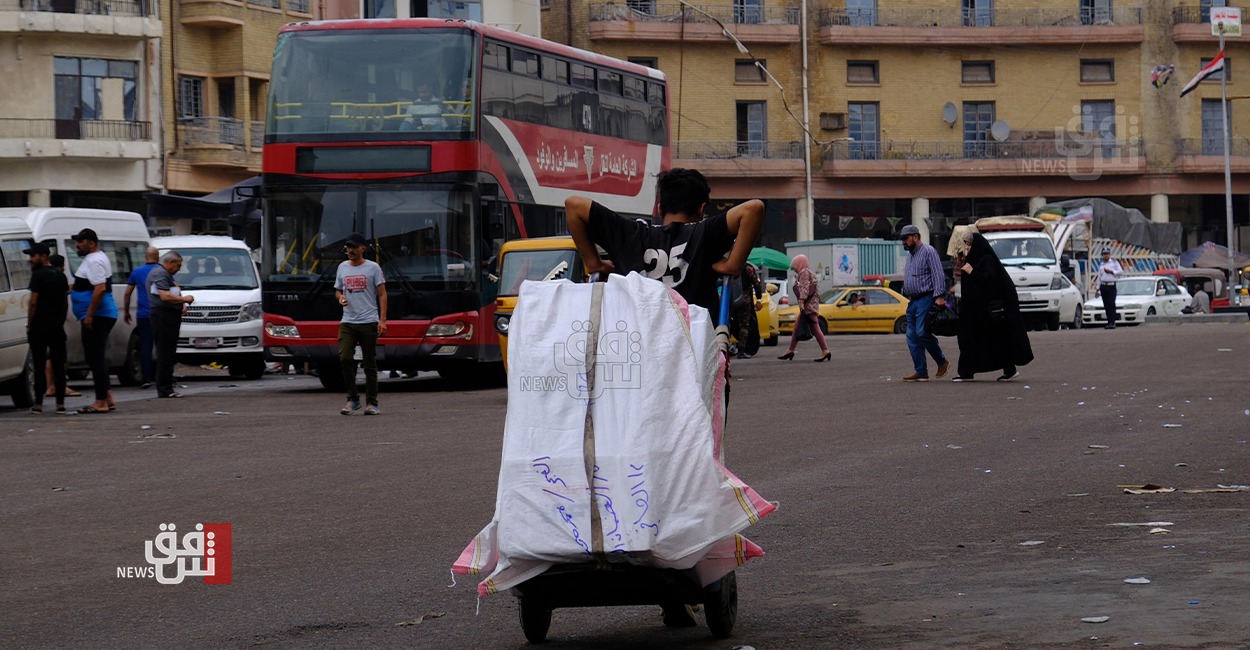Experts: Iraq unlikely to hold early elections due to legal, logistical hurdles
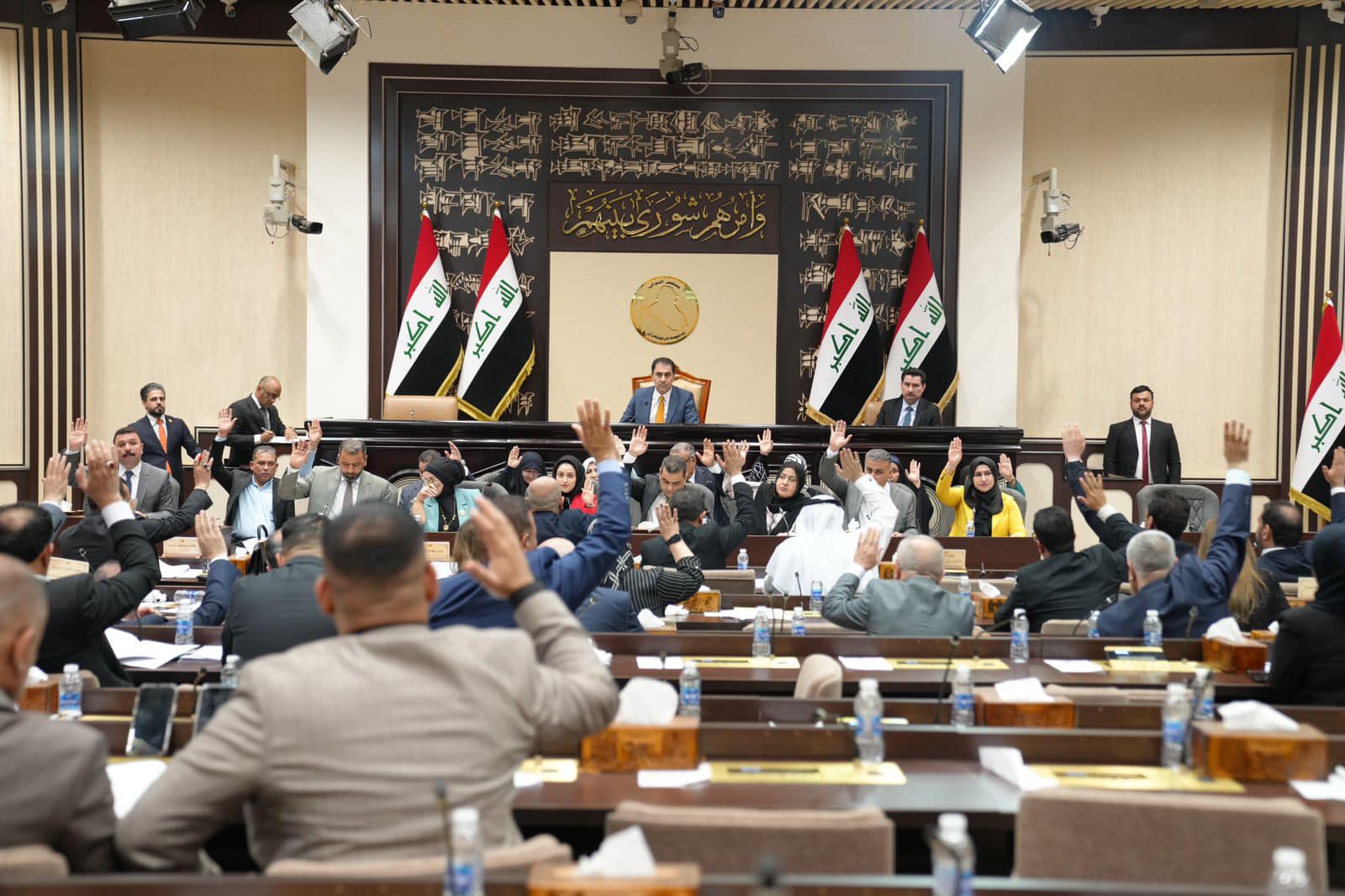
Shafaq News/ Despite growing calls for early parliamentary elections in Iraq, experts believe the country is unlikely to go to the polls any time soon due to legal and logistical challenges.
While some Iraqi lawmakers have been pushing for changes to the electoral law to pave the way for early elections, the parliamentary legal committee has not received any formal requests to do so.
"We have not seen any parliamentary move to submit a draft law or bill to amend the electoral law," said Raad al-Maliki, a committee member. "There is no legal or constitutional impediment to amending the election law, but it would require a formal request and the necessary parliamentary approvals."
"The law, like any other law, can be amended. It happened with the third amendment when lawmakers submitted a formal request and the necessary signatures. An amendment suggested by the government is no different and follows a similar process," he continued. "It is all down to a formal request. Without it, it is barely a media show."
"Politically speaking, amendments to the election law have been seen to undermine the stability of the political system," he said. "Many opposed the amendment in 2020 and advocated for giving the system a chance, while others claimed it caused political instability. Now, the same parties who called for change demand to keep the current system for the same reason: political stability."
"In fact, the real motive behind their reluctance is simply because they benefit from it. They deal with the law insofar as it serves their interests," he added.
"Postponing the election is not also an option because the parliamentary term of the current assembly ends in October 2025. Then, the government would become a caretaker government, and the parliament would no longer be able to discharge its duties. On the other hand, holding an early election is possible via a series of legal proceedings."
Even if the legal hurdles were overcome, logistic challenges would make it difficult to hold early elections in Iraq.
The current election law is widely seen as flawed, and there is no consensus on how to amend it. Additionally, the Independent High Electoral Commission (IHEC) is due to be reconstituted in July, and it is unclear whether a new commission could organize elections on time.
"The idea of early elections is being promoted around as a political maneuver, but it is not realistic," said Saad al-Rawi, a former deputy chairman of IHEC. "There are too many legal and logistic challenges to overcome, nonetheless."
Al-Rawi believes ambiguities within the existing laws leave room for manipulation. "The constitution and law mandate a four-year electoral cycle," al-Rawi told Shafaq News Agency. "However, any ambiguity in the election law or constitution is interpreted to benefit political actors, undermining the system's integrity."
"Iraq's entire election law stands at just 25 pages only," he said. "To put that into perspective, Australia's more comprehensive amounts to a 522-page document."
"In Australia, early elections can be conducted within 36 days of dissolving parliament, and a government is formed shortly after. Iraq's legal framework lacks such clear procedures," he explained.
"The term of IHEC's board expires in early July. The commission's law prohibits extensions, but the parliament made it happen before. The real question is whether the parliament will do it again."
"Tunisia's electoral commission, for instance, rotates two members every two years to ensure continuity," explained al-Rawi. "In Iraq, however, the entire commission is dissolved and replaced. The new commission then requires training from international organizations, such as the UN, to manage elections."
Al-Rawi said that over 500 employees, some of whom were chiefs of their departments or directorates, have recently been removed from their positions. "How will you run an election without them?" he asked. "Not to mention other major obstacles, like disagreements over electoral districts, seat distribution, the type of electoral blocs and lists, and the retention or abolition of the Sainte-Lagüe method. All of what I mentioned, and more, are not addressed in the law."
Waleed al-Zaydi, the former chief of IHEC's operations directorate, echoes this sentiment.
"Iraq had its first election in 2021. Talking about another early election now is just talking. It is not a formal statement," he said. "Holding an early election requires an agreement between all the players in the country. It might happen if the Sadrist movement decides not to wait until the current parliament's term ends in October next year. The Sadrist move has been sending signals that it might return. If an agreement takes place, an election will take place."
"Holding an election, however, requires eight to ten months in preparation. This includes amending the law and updating the electoral and biometric registers."
"Every election stirs a wave of controversy and clamor. Each side seeks to capitalize on it for its own advantage, whether through a single district or multiple constituencies," Ali al-Sahib, the head of the Regional Center for Strategic Studies, told Shafaq News Agency. "The amended Sainte-Laguë electoral law (1.9/1.7) is essentially tailored to benefit the major blocs that enjoy the right amount of political clout, financial resources, and public sway."
Despite the meticulous calibration of this law, al-Sahib said they continue "to alter its provisions, even though Sainte-Laguë is only a mathematical equation to decide how to distribute the seats inside the assembly."
"Earl election is a jest indulged by politicians in their leisure time. There won't be an early election. In Iraq, each march to the beat of their own drum."


